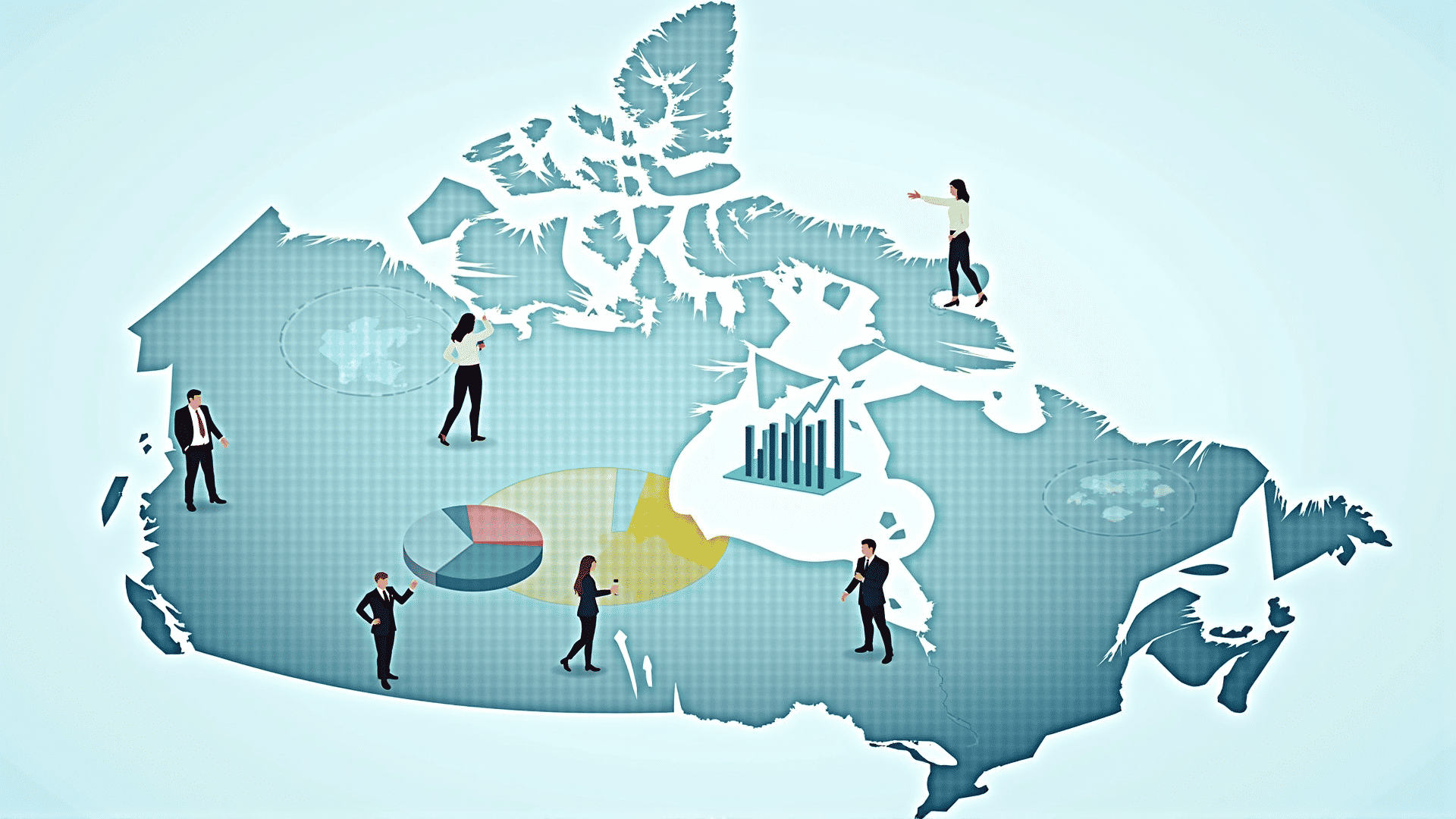Canada's economic framework has often been influenced by various growth theories, each providing a lens through which national policy-making decisions can be examined and implemented. These theories have helped shape the strategies for sustainable development and long-term progress within the nation.
A central theory of economic development is the Keynesian model, which advocates for active government involvement in the economy. In Canada, this theory has been instrumental in crafting policies that aim to stabilize output during economic downturns. For example, government spending on infrastructure projects has been used to maintain employment levels and stimulate productivity. The Keynesian approach underscores the importance of fiscal measures in managing economic cycles and ensuring steady progression.
Another significant perspective is the neo-classical growth theory, which emphasizes the role of technological advancement and human capital. This theory asserts that sustained economic progression is achieved through innovation and education, leading to productivity enhancements. In response to this, Canada has placed a substantial emphasis on investing in research and development, as well as improving education systems. By fostering an environment where new ideas are cultivated, this approach aims to drive long-term prosperity.
Moreover, the endogenous growth theory, which expands on the neo-classical model, suggests that economic progress is primarily generated internally rather than from external influences. This theory emphasizes the importance of policies that encourage entrepreneurship and provide incentives for innovation. In Canada, this is seen in the support for small and medium-sized enterprises (SMEs), which are critical for fostering innovation and contributing to the economy. By creating a supportive ecosystem for new businesses, Canada aims to enhance its capacity for sustained progress through internal engines of growth.
The sustainable development model is crucial, focusing on the balance between economic expansion and environmental preservation. This theory stresses the need for development strategies that do not compromise future generations' ability to meet their needs. Canada, rich in natural resources, has developed policies to ensure that resource extraction is both ecologically and socially sustainable. By integrating environmental considerations into its economic strategy, Canada seeks to foster progression that aligns with its commitment to combating climate change.
Furthermore, inclusive growth has become a pivotal concept, which advocates for policies that ensure opportunities for all societal segments. Canada has embraced this by implementing policies aimed at reducing inequality and enhancing social cohesion, thereby maintaining a robust social fabric. Ensuring that all Canadians benefit from economic progress can lead to a more harmonious and stable society.
Each of these theories offers valuable insights into how Canada has developed its economic strategies. By drawing from a diverse set of growth models, Canada continues to craft policies that not only aim for economic advancement but also seek to improve the quality of life for its citizens while safeguarding the environment for future generations. These frameworks provide a roadmap for navigating the complexities of economic development in an increasingly interconnected and rapidly evolving global landscape.
